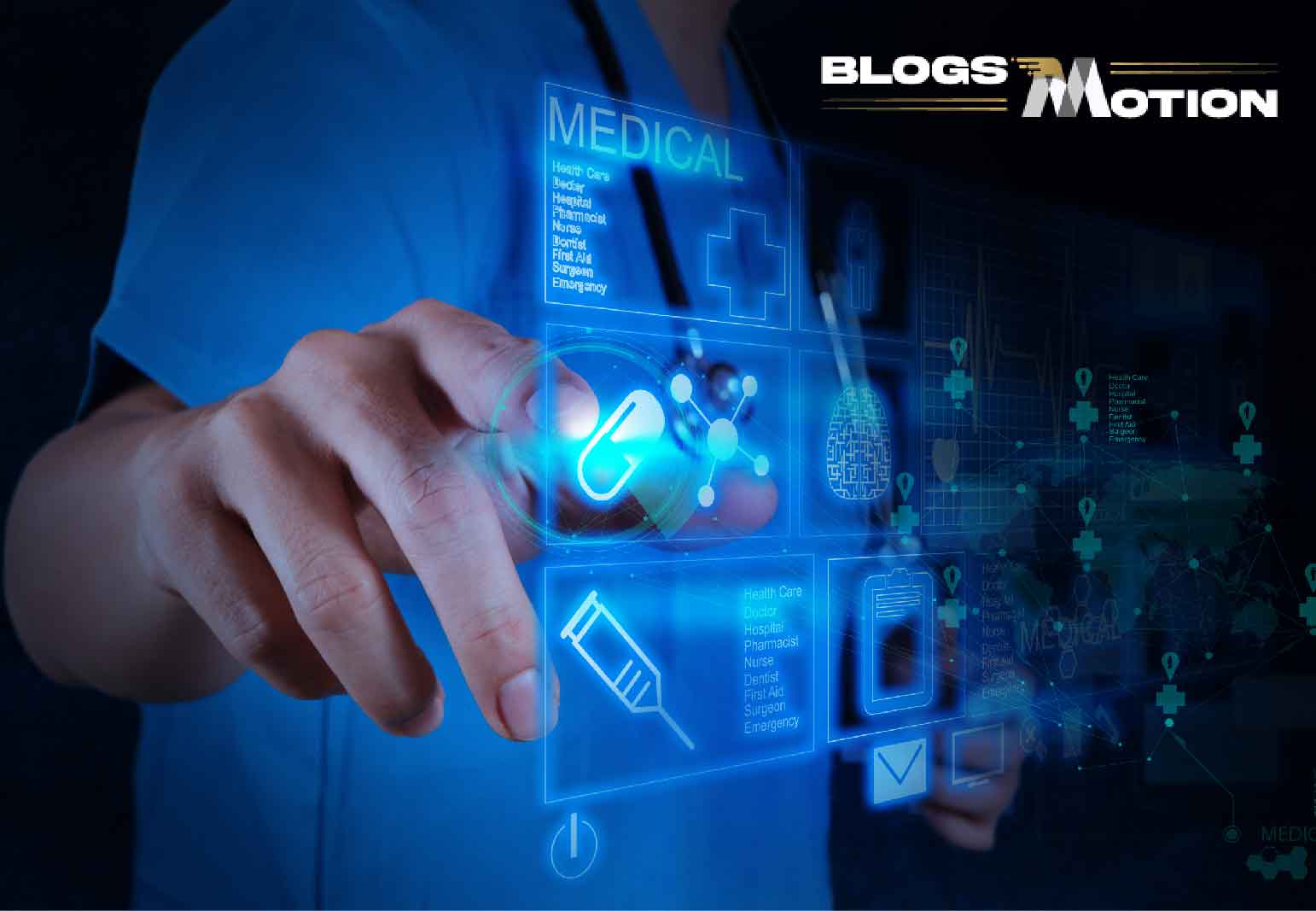
Emerging Technologies in Healthcare: Revolutionizing Patient Care
In an era defined by rapid technological advancements, the healthcare industry is undergoing a transformative shift. From diagnosis to treatment and patient care, emerging technologies are reshaping the landscape of healthcare, promising more accurate, efficient, and patient-centric services. These innovations hold the potential to revolutionize patient care, offering improved outcomes and enhancing the overall healthcare experience. In this article, we'll delve into some of the most promising emerging technologies in healthcare and explore how they are revolutionizing patient care on the website "Blogmotion."
1. Telemedicine and Telehealth: Bridging Gaps in Access
Telemedicine and telehealth technologies have emerged as game-changers in healthcare, especially in remote and underserved areas. Through virtual consultations, patients can connect with healthcare professionals without the need for physical visits. This technology has expanded access to medical expertise, making it easier for patients to seek advice, receive diagnoses, and even undergo follow-up appointments from the comfort of their homes. Telehealth has minimized geographical barriers, reduced waiting times, and improved the efficiency of healthcare delivery.
2. Wearable Health Devices: Empowering Patients
Wearable health devices, such as fitness trackers and smartwatches, have evolved beyond counting steps. They now monitor heart rate, sleep patterns, and even detect irregularities in real-time. These devices empower patients to take charge of their health by providing continuous data and insights. Physicians can use this data to make more informed decisions and tailor treatment plans. Wearables are not only aiding in the early detection of health issues but also promoting preventive care and healthy lifestyle choices.
3. Artificial Intelligence and Machine Learning: Personalized Treatment
Artificial Intelligence (AI) and Machine Learning (ML) are transforming healthcare through their ability to analyze vast amounts of data quickly and accurately. This technology is being used for diagnosing diseases, predicting patient outcomes, and personalizing treatment plans. AI-powered algorithms can identify patterns in medical images, aiding radiologists in detecting abnormalities. Additionally, ML algorithms can predict disease progression and suggest optimal interventions, leading to more precise and effective patient care.
4. Robotics and Minimally Invasive Surgery
Robotic technologies are changing the landscape of surgery by offering increased precision and dexterity to surgeons. With the assistance of robotic systems, complex surgeries can be performed with smaller incisions, reducing pain and recovery time for patients. Robotic surgery allows for enhanced visualization, improved control, and the ability to reach difficult-to-access areas. This advancement is revolutionizing patient care by making surgeries safer, more efficient, and minimizing post-operative complications.
5. 3D Printing in Healthcare
3D printing has transcended the realm of manufacturing to revolutionize healthcare. It enables the creation of patient-specific models, implants, and even prosthetics. Surgeons can practice complex procedures on 3D-printed replicas, enhancing their skills and confidence before operating on patients. Customized implants can be designed based on a patient's anatomy, ensuring a perfect fit and improved outcomes. This technology is particularly beneficial in orthopedics, dental, and reconstructive surgeries.
6. Virtual Reality (VR) and Augmented Reality (AR) in Rehabilitation
Virtual Reality and Augmented Reality are finding applications in patient rehabilitation and therapy. VR environments provide immersive experiences that aid in pain management, physical therapy, and mental health interventions. Patients can engage in virtual scenarios that simulate real-life situations, promoting cognitive and motor skills recovery. AR overlays digital information onto the physical world, enhancing medical training, pre-operative planning, and improving the accuracy of procedures.
7. Genomic Medicine: Personalized Healthcare
The field of genomics has advanced significantly, leading to personalized medicine. Genomic sequencing allows healthcare professionals to analyze a patient's genetic makeup, identify genetic predispositions to diseases, and tailor treatment plans accordingly. This approach ensures that treatments are more targeted, reducing adverse effects and increasing the likelihood of successful outcomes. Genomic medicine is at the forefront of precision healthcare, offering patients treatments uniquely suited to their genetic profiles.
8. Internet of Things (IoT) for Remote Monitoring
The Internet of Things (IoT) has enabled the creation of smart healthcare devices that connect to the internet and exchange data. These devices range from pill dispensers that send reminders to wearables that monitor vital signs. IoT facilitates remote patient monitoring, allowing physicians to track patients' health metrics in real-time. This technology is particularly valuable for patients with chronic conditions, enabling early intervention and reducing hospital readmissions.
Conclusion
As technology continues to evolve, the healthcare industry stands at the precipice of transformation. The integration of emerging technologies is revolutionizing patient care by enhancing accessibility, accuracy, and personalized treatment. Telemedicine, wearables, AI, robotics, 3D printing, VR, genomics, and IoT are just a few examples of how healthcare is being reshaped for the better. By embracing these innovations, healthcare providers are not only improving patient outcomes but also fostering a more patient-centric and efficient healthcare ecosystem. The journey toward a technologically empowered healthcare future has begun, promising a brighter and healthier world for all.
© Blogs Motion | All Rights Reserved.
Flat 15% OFF ALL Orders Sitewide
Copy and paste this code
couponcode
